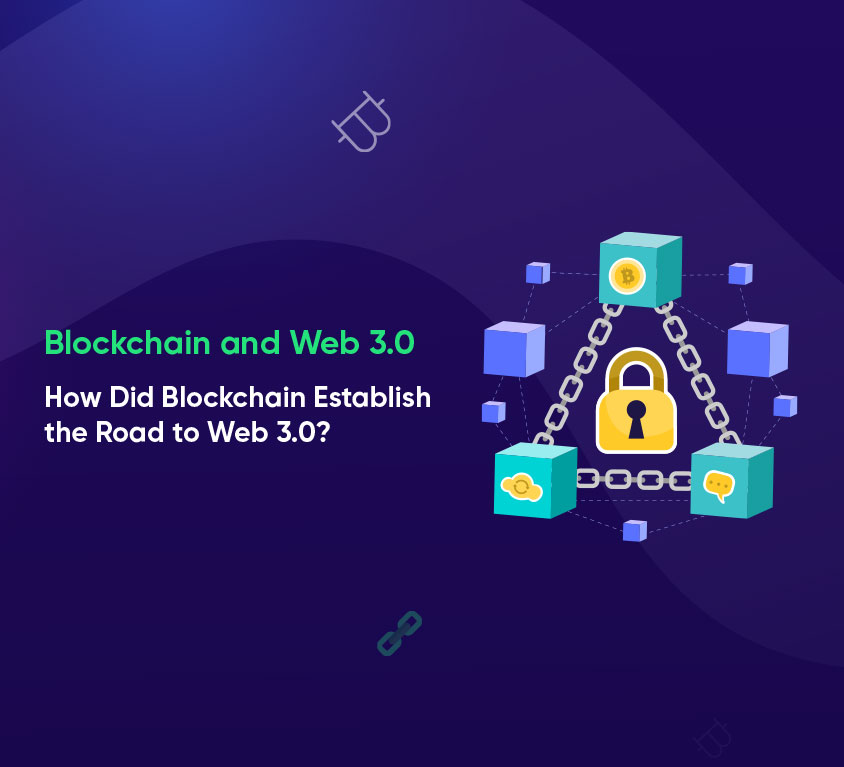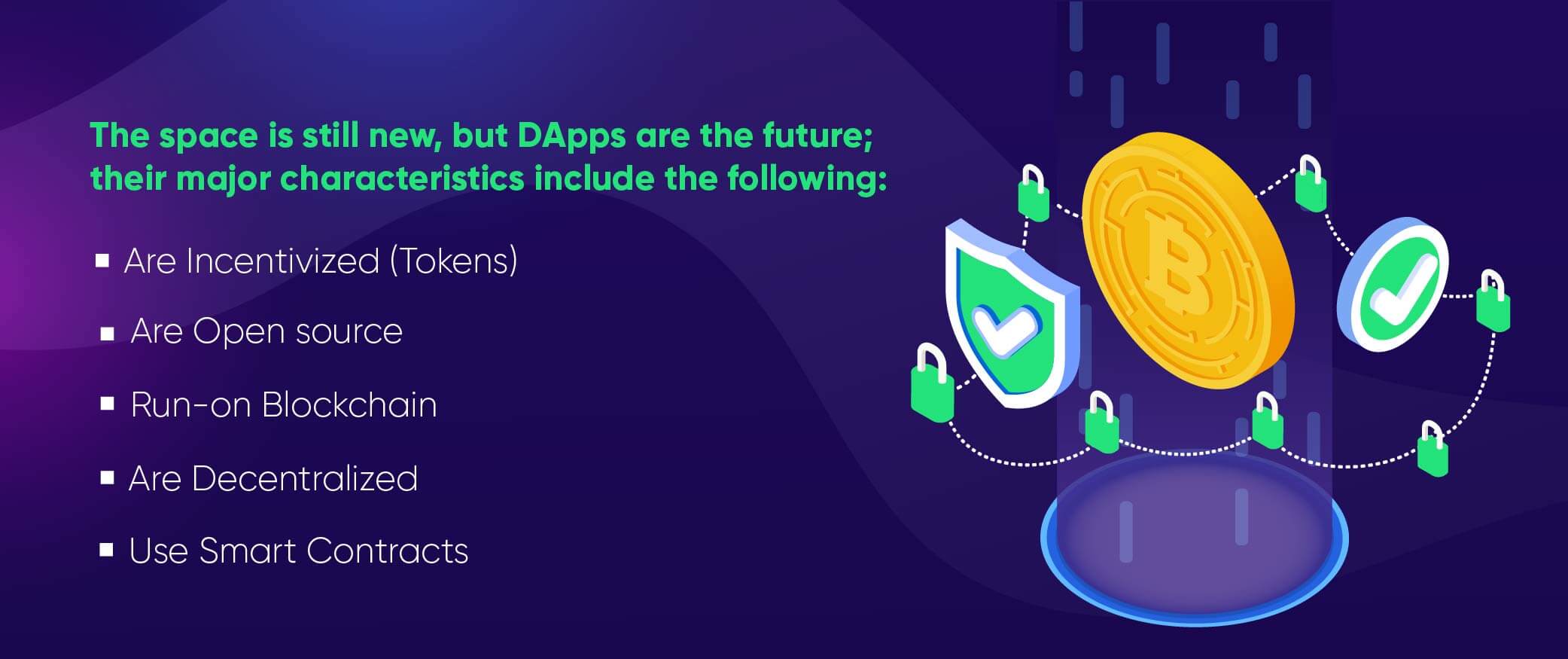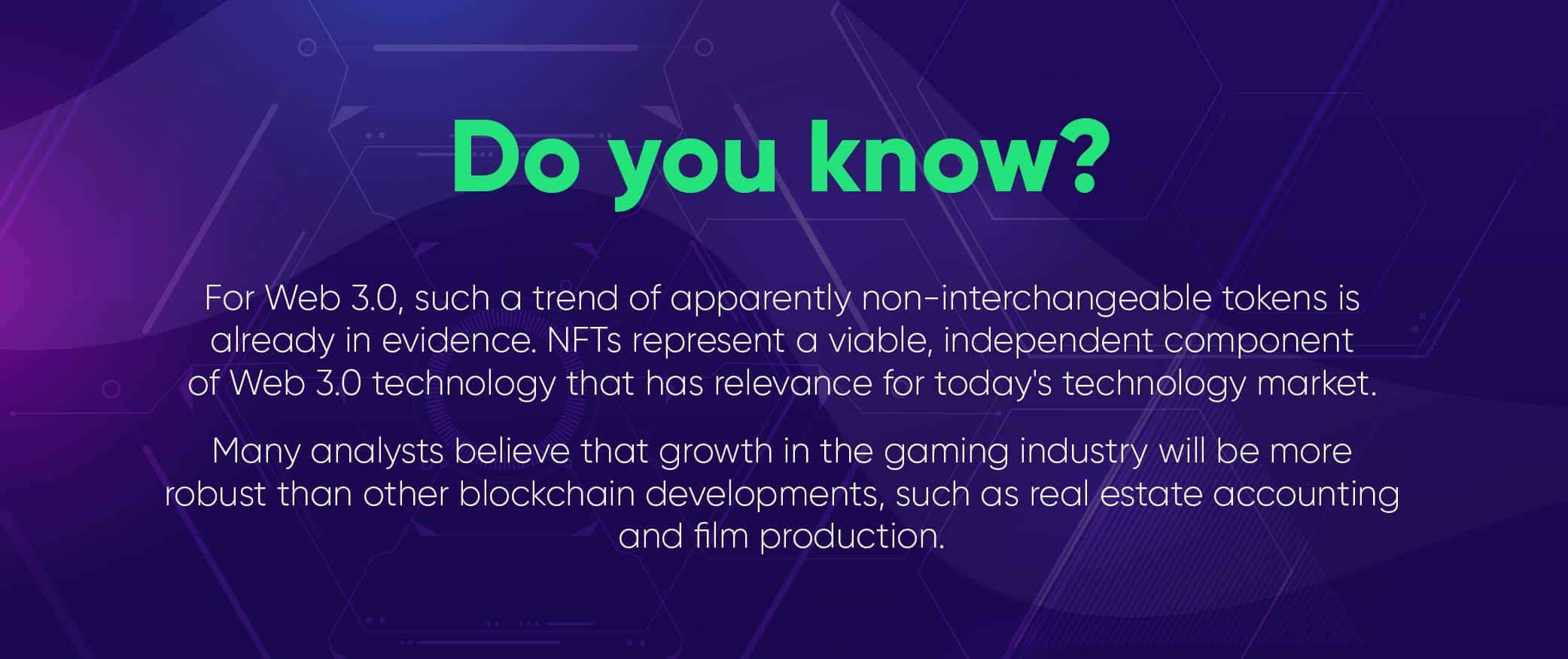
Introduction
Blockchain & Web3 Services Trusted By Leaders
- Develop innovative solutions using our state-of-the-art blockchain expertise.
- Achieve accelerated growth with robust & scalable Web3 consulting.
- Unlock 360-degree security with our top-rated blockchain development.
Blockchain and Web 3.0: How Did Blockchain Establish the Road to Web 3.0?
The Internet is an integral part of contemporary life. The recent global pandemic has demonstrated how crucial the internet is in crises. Although today’s internet is not as safe for data transmission as it once was, the web has grown in many different forms before leading to the development of blockchain and web 3.0. This article will outline how blockchain can help to build a web 3.0 technology that is sustainable, scalable, and interoperable.Blockchain And Web 3.0
Blockchain
A distributed digital ledger designed to record transactions between parties efficiently and permanently. Blockchain technology is going to affect every industry. However, we still need to fully understand the ramifications of this new technology because it’s so complex and multifaceted. In the past, technology was a domain of experts; however, blockchain is different because it originated as an Internet technology of decentralized authority. Blockchain technology will democratize the world’s tech ecosystem, meaning people from all over will have power over their data.Web 3.0
We have discussed it in our previous blogs i.e. What is Web 3.0; if you want to learn about it in greater detail, read those posts. Web 3.0 refers to the third generation of internet-based technologies, combining artificial intelligence and machine learning with blockchain technology, among other things. Web 3.0 focuses on innovations such as artificial intelligence while emphasizing security. In Web 3.0, decentralized apps (dApps) run on peer-to-peer networks with tokens to reward users. As a result, they are open-source, and developers can easily access them to solve bugs for community use.
Reinventing the Internet to make it secure, private, and reliable
The concept of user-generated content has risen to prominence as the defining characteristic of today’s internet. Web 2.0 describes the rise of social media, online publishing platforms, and other tools allowing content sharing with a broad audience. However, the internet can also feel inaccessible to many people. In addition, because hosting an application requires a lot of technical expertise, it often takes more work for individuals and organizations to take advantage of the flexibility running their applications on cloud computing platforms offers. Developers can integrate blockchain into existing internet architecture. On the other hand, Web 3.0 technology marks a shift to the latest paradigm in web development and offers many new possibilities for users.Driving Towards Decentralization
In Web 3.0, the decentralized architecture aims to resolve issues that emerge from centralized power and control by addressing concerns such as trust, transparency, and privacy. The decentralized web aims to protect our data and personal information from being exploited by large corporations. It also places the power back in the hands of users through trustless, distributed systems that are censorship-resistant.
Also Read: Web 3.0 Explained: How It Will Transform Businesses In 2023
Significance of Blockchain in Web 3.0
Machine learning is key to developing new, Internet-based services such as Siri and Alexa. The third generation of internet protocols, which are more efficient than those used today, will be built on decentralized systems. Interoperability, automation by leveraging smart contracts, and seamless integration are all features of the third-generation web. Blockchain technology could drive the next generation of internet development. Blockchain technology can transform how businesses approach data storage and management. A blockchain is a form of digital ledger technology that provides a way to make and verify transactions on other systems without the need for an intermediary like banks. The state layer helps send files securely, enabling effective peer-to-peer transactions without intermediaries.How Did Blockchain Establish the Road to Web 3.0?
Blockchain’s potential to transform the backend of Web 3.0 is enormous, especially if you consider its ability to alter how data structures are stored and maintained online radically. The most important aspect of the blockchain was its ability to support a new layer of governance over the internet. This new layer can allow two parties who don’t trust each other but still want to transact business online to make and enforce agreements without any intermediary or third-party intervention. Blockchain has the potential to revolutionize Web 3.0 by creating a new, decentralized internet.Conclusion
I expect the article you are reading now to be outdated soon because new technology is developing so rapidly. That’s exciting! Remember past inventions? I see blockchain and Web 3.0 technology as the printing press and the internet of our time. To end this, let us imagine a world where;- Banks no longer control your money.
- You can send money to anyone, in any country, for almost no cost and within minutes.
- Blockchain technology ensures legitimate votes, and no votes are changed or removed. A publicly immutable ledger records electoral votes, and people will have confidence that their vote is protected from fraud, making elections fairer and more democratic.
- Due to blockchain’s ability to streamline and make welfare distribution more secure, governments can use it for this purpose.
- A blockchain can store and share medical records while ensuring their security. Blockchain will improve the accuracy and speed of diagnoses and also help reduce human errors.